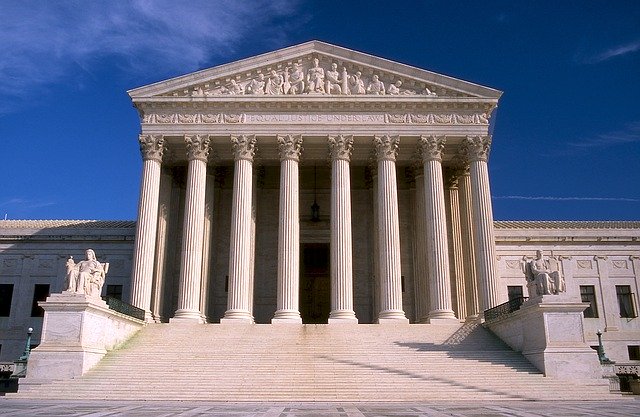The United States Court for the District of Columbia has moved to invalidate the popular ‘Neufeld Memo’ which has, since 2010, been used by the US Citizenship and Immigration Services (USCIS) to delay or deny work permits to technology workers – most of whom are Indian nationals.
The said memo is one that is intermittently relied upon by USCIS officials, in arbitrarily meting out harsher treatment for information technology (IT) services companies employing foreign-born computer professionals.
The decision came to its decision to invalidate this limiting memo policy, after listening to arguments of both sides in the ITServe Alliance v. L. Francis Cissna case. By the judge’s ruling, the harsher visa policy advocated by the Trump administration may have suffered a fatal blow.
Judge Collyer ruled that the Trump administration could not go on using the Neufeld Memo that has done nothing but causes denial rates for new H-1B petitions to skyrocket from around 2% in FY 2015 to over 30% for many IT services companies. This is according to statistics released by the National Foundation for American Policy analysis.
The Neufeld Memo
Under the Neufeld Memo, the USCIS is obligated to deny H1-B visa applications in situations where an employer, who is a contractor, states in the visa application that it would place an H-1B professional at a third-party (customer) site to perform work. The argument for this is that such an employment arrangement does not come under the standard definition of an employer-employee relationship.
The judge discarded the validity of the Memo and other restrictive policies of the USCIS, on the ground that such an interpretative position is not supported by any statute or regulation, just as it is arbitrary and capricious.
The employer-employee requirements stipulated by the USCIS were made without recourse to, and cannot, therefore, be enforced. Moreso, the requirement USCIS itinerary requirement has bee superseded by a later statute that permits employers to render H-1B visa holders nonproductive.
The superseding statute referred to, is the American Competitiveness and Workforce Improvement Act of 1998 that specifically allows an employer to keep an H-1B employee during any “nonproductive” periods as long as the employee is paid.
ITServe National President, Amar Varada, while commenting after the delivery of the judgment, praised the court for the industry with which it arrived at this just position. He further stated that the decision has been long overdue, in light of the long period within which the USCIS has been out of bounds.
Great news for H-1B visa applicants!
- March 19th, 2020
- 0
